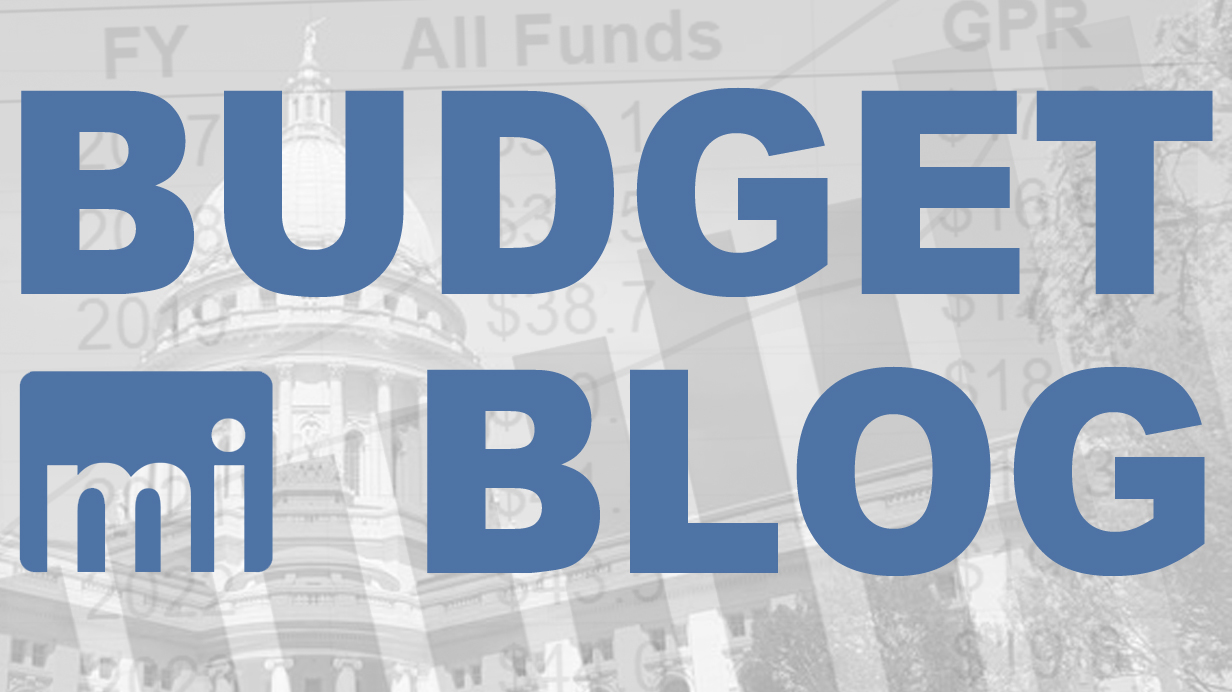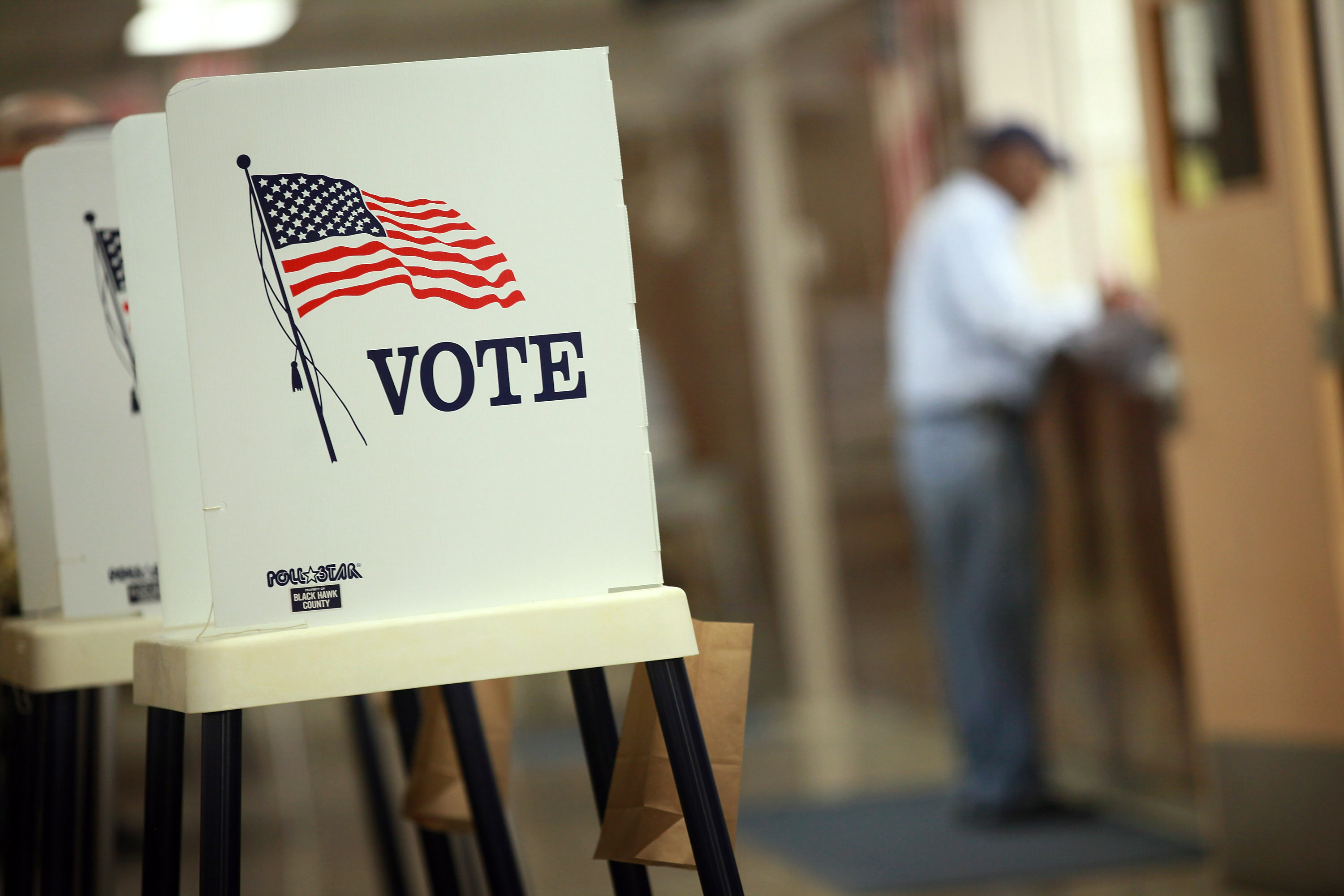
Did Governor Evers or Republicans win the negotiations?
Who is looking out for the taxpayer?
What happened to transformative tax reform?
Conservative observers have gone from puzzled to troubled to alarmed at how the budget cycle is shaping up.
The historic budget surplus of $7 billion had given fiscal conservatives hope that tax cuts would be in the offing, perhaps a move to a transformational flat tax for all Wisconsinites. But it’s been nearly 2 months – an eternity in budget season – since we’ve heard a peep about tax cuts.
In the meantime the republican majorities in both houses have been headed down the path of big spending increases, continuing to fund programs that should be cut, and increasing funding for other programs that have traditionally been relatively easy for conservatives to hold the line on. Sure, the Republicans are not spending as much as Gov. Evers proposed overall but they have increased spending over what the governor requested in several areas.
We realize that divided government is messy and will not be perfect but we thought the Legislature held the purse strings. With bigger majorities in both houses, we had hoped they would use this leverage to force Governor Evers to downsize an already incredibly bloated state government (approximately $8 billion All Funds spending increase in the 2019-2021 budget and $6 billion All Funds spending increase in the 2021-2023 budget) and force Evers to accept needed reforms in education, the justice system, the tax system or government spending in general.
The messaging on the revamped bill sounded more like they came from the democrat playbook than the party of smaller government:
- There is so much money going to local governments, it’s hard to imagine republicans voting against it.
- Historic “investments” in our local government partners and education.
- It’s not a bailout, it’s just raising taxes to solve the problems driving them to bankruptcy.
- The new tax dollars for Milwaukee ALL go to their pensions, except for the part that doesn’t.
- Education is very important, and more money will make it better. For some kids. And just because the recent increases in K12 education funding resulted in declining academic achievement, that doesn’t mean this historic investment won’t work even though there are no reforms or accountability attached to the money.
- Mental health needs of children are best served in the schools that are indoctrinating them.
Already supporters of the legislation are bragging about the victory, but it’s hard for even half-hearted fiscal conservatives to see this massive expansion of government, a $268 million tax increase to force taxpayers to pay for deliberate mismanagement of public pensions, and the biggest increase in education funding in state history (not to mention giving the same schools hiding mental health issues from parents a central role in student mental health treatment) – all without significant guide rails to protect parents and taxpayers – as a win.
Any time you can end a tax, that is a good thing. The shift of the personal property tax to the general fund (which was also included in the Governor’s budget) does lift the burden of an outdated tax from a small group and spreads it to everyone. And the increased funding for School Choice is a win. But the legislature gave much away to the governor to get the Choice dollars, moving to or near to the governor’s position on most of the elements, and achieving no concessions other than School Choice on topics that conservatives have been pushing. No transformational tax reform. No election reforms, no parental bill of rights, no protecting kids against indoctrination and no end to the teaching of CRT in our schools.
Even if Republicans add one or two more of these elements to their budget as it makes its way through the legislative process, it will be a meaningless gesture. If a conservative win or a common sense reform is not a part of this grand deal, it will be vetoed by Evers and there will be nothing the Republicans can do about it. They do not have the votes necessary to override a veto.
Are legislators running scared of what incoming Supreme Court Justice Janet Protaziewicz might do to draw them new districts or what Walker-era reforms might be thrown out, believing that bringing home the bacon and kowtowing to local politicians is the best way to protect themselves from political opposition?
There are many questions that remain unanswered about the deal itself and where exactly this budget is heading.
Who is looking out for the taxpayer? Who is speaking out for fiscal responsibility? Who is looking out for the hard-working families who are finding it difficult to make ends meet in Biden’s economy? Who is speaking out for our children and their future?
We hope all of these questions are answered soon before it is too late.




